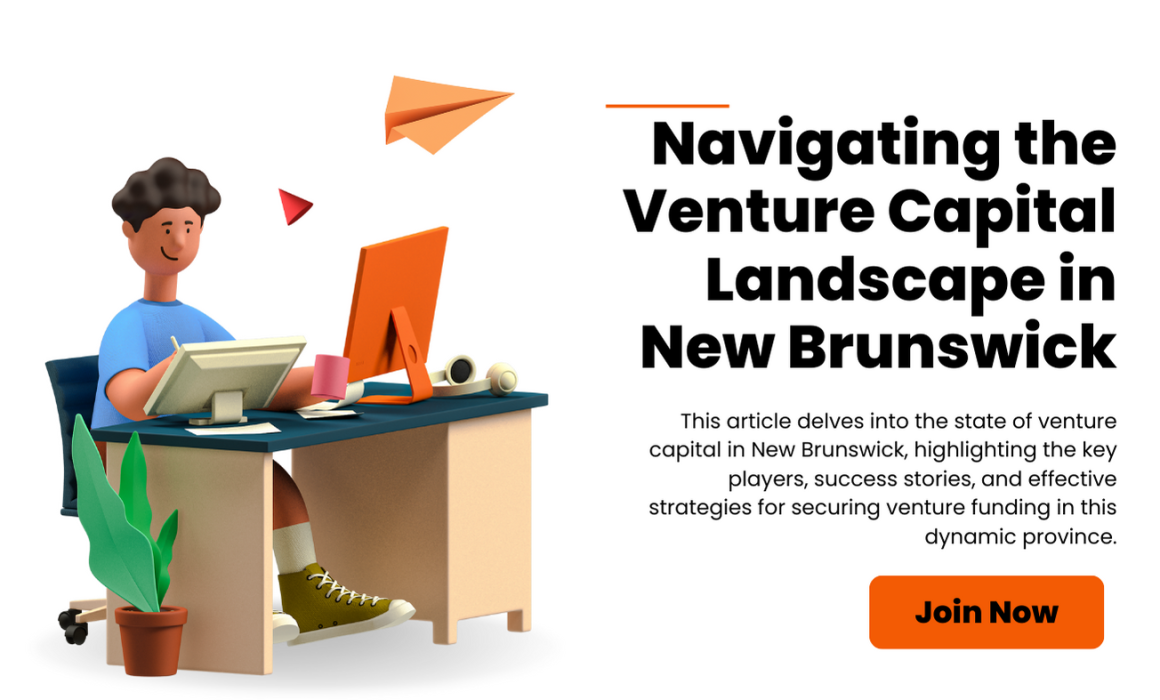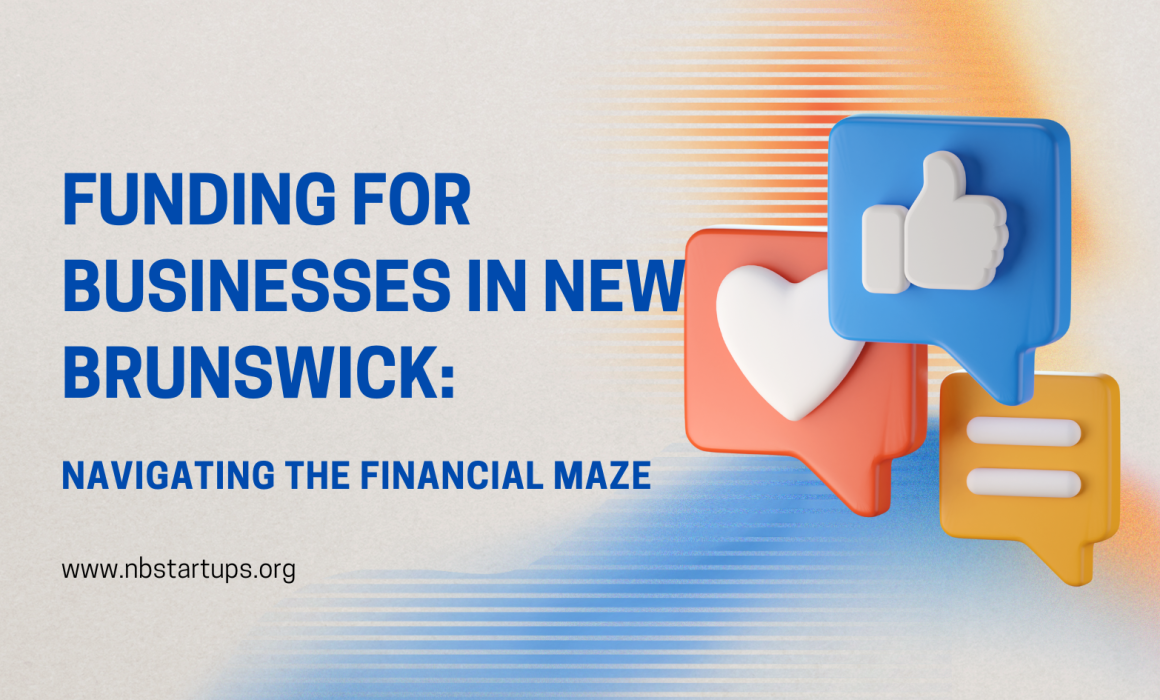Government grants in New Brunswick offer a diverse range of financial assistance programs to individuals, organizations, and businesses. These grants are designed to support various sectors including education, health, technology, and community development. Understanding how these grants work, their eligibility criteria and the application process is crucial for successful access.
Types of Government Grants Available in New Brunswick
Ontario’s government provides various grants, each catering to different needs and sectors. Some of the prominent types of grants include:
- Business Grants: Aimed at fostering entrepreneurship and innovation, these grants support start-ups and established businesses in areas like technology, export, and job creation.
- Educational Grants: These are designed to support students, educators, and institutions in achieving educational goals, including scholarships, research funds, and infrastructure development grants.
- Community and Non-Profit Grants: Aimed at enhancing community services, these grants support non-profit organizations in areas like social services, arts, and environmental conservation.
- Healthcare Grants: These grants focus on improving healthcare services and research in New Brunswick, supporting hospitals, research institutions, and public health initiatives.
Eligibility Criteria for Government Grants
Eligibility varies based on the grant type. Generally, it includes:
- Residency: Most grants require applicants to be residents of New Brunswick.
- Sector-Specific Requirements: Certain grants are sector-specific, requiring applicants to operate within specified industries or fields.
- Financial Need: Some grants are aimed at those demonstrating financial need.
- Project Relevance: Many grants require the proposed project or initiative to align with specific goals or priorities of the grant program.
Application Process for Government Grants
The application process for government grants in New Brunswick typically involves several steps:
- Research and Selection: Identify the right grant program that aligns with your needs and goals.
- Prepare Required Documents: This often includes business plans, project proposals, and financial statements.
- Submit Application: Follow the specific guidelines for submission provided by the grant program.
- Wait for Evaluation: Applications undergo a review process, which varies in length depending on the grant.
Real-Time Data and Success Stories
Incorporating real-time data can significantly enhance your grant application. For example, if applying for a business grant, include current market analysis, financial projections, and evidence of potential growth. Success stories can also be a powerful tool. For instance, a technology start-up in Toronto received a government grant in 2023, leading to a 40% increase in employment and a significant contribution to the local economy.
Navigating Challenges and Common Mistakes
Applying for government grants can be challenging. Common mistakes include:
- Misunderstanding Eligibility Criteria: Ensure you fully understand the criteria before applying.
- Incomplete Applications: Always provide complete and accurate information.
- Lack of Clarity in Proposals: Clearly articulate your goals, methods, and expected outcomes.
- Ignoring Deadlines: Be mindful of application deadlines.
Utilizing Resources and Support
Various resources are available to assist in the grant application process:
- Government Websites: Offer detailed information on different grant programs.
- Workshops and Seminars: Provide insights and tips on grant writing and application processes.
- Consultation Services: Professional grant writers and consultants can offer expert guidance.
Maximizing Your Chances of Success
To increase your chances of obtaining a government grant in New Brunswick:
- Tailor Your Application: Customize your application to align with the grant’s objectives.
- Demonstrate Impact: Show how the grant will benefit not just you, but the community or sector.
- Seek Feedback: Before submitting, get feedback from peers or mentors.
- Stay Persistent: If unsuccessful, seek feedback and consider reapplying in the future.
Getting Government Grants in New Brunswick
This section should delve into specific strategies and steps to successfully apply for and obtain government grants in New Brunswick. It will combine practical advice, insights from successful grant recipients, and guidance on navigating the system effectively.
Navigating the world of government grants in New Brunswick can be complex but rewarding. By understanding the types of grants available, meeting eligibility criteria, and following a structured application process, you can significantly enhance your chances of success. Remember, these grants are designed to foster growth and development in various sectors, and by accessing








Recent Comments